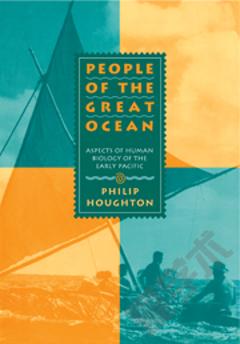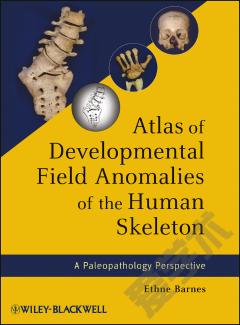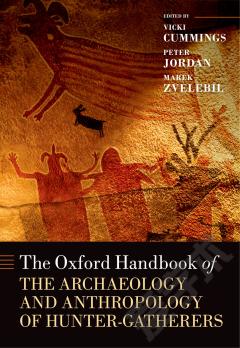The Foragers of Point Hope: The Biology and Archaeology of Humans on the Edge of the Alaskan Arctic
On the edge of the Arctic Ocean, above the Arctic Circle, the prehistoric settlements at Point Hope, Alaska, represent a truly remarkable accomplishment in human biological and cultural adaptations. Presenting a set of anthropological analyses on the human skeletal remains and cultural material from the Ipiutak and Tigara archaeological sites, The Foragers of Point Hope sheds new light on the excavations from 1939–41, which provided one of the largest sets of combined biological and cultural materials of northern latitude peoples in the world. A range of material items indicated successful human foraging strategies in this harsh Arctic environment. They also yielded enigmatic artifacts indicative of complex human cultural life filled with dense ritual and artistic expression. These remnants of past human activity contribute to a crucial understanding of past foraging lifeways and offer important insights into the human condition at the extreme edges of the globe.
{{comment.content}}








 京公网安备 11010802027623号
京公网安备 11010802027623号